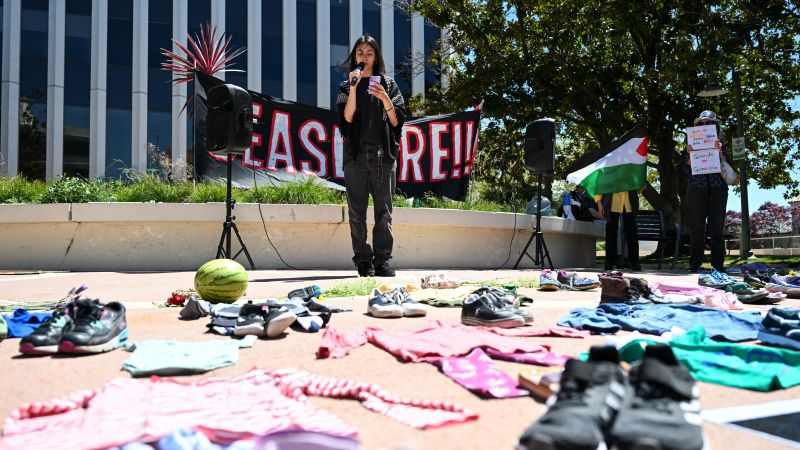Dozens of former Google workers filed a complaint with the US National Labor Relations Board after being fired or placed on leave last month for protesting the company’s cloud-computing contract with Israel’s government. The complaint alleges that Google retaliated against the workers for their protected concerted activity in participating in a peaceful protest connected to their terms and conditions of work. The workers are seeking reinstatement and back pay with support from the group No Tech for Apartheid, comprised of Google and Amazon workers.
Google defended its actions, stating that the protests involved disrupting and occupying workspaces, making other employees feel threatened and unsafe. The company confirmed that every terminated employee was directly involved in disruptive activities inside the buildings, and they stand by the actions taken. The protests involved sit-ins at Google’s offices in New York City and Sunnyvale, California, with some workers entering the office of Google Cloud CEO Thomas Kurian.
No Tech for Apartheid claimed that 50 Google employees were terminated in connection with the protests, and some of the fired workers were non-participating bystanders. Google stated that investigations into the disruptive activities on April 16 led to the termination of employees found to have been directly involved. However, affected workers argue that they should not have been fired for protesting the company’s actions, emphasizing the right to protest working conditions through concerted activity.
Experts, including Benjamin Sachs from Harvard Law School, note that employees have the right to engage in protected activities such as protests in certain circumstances, depending on factors like the level of disruption and seizure of employer property. The protests from Google workers over the company’s cloud-computing deal with Israel come amidst ongoing conflict in the region, with a high number of casualties in Gaza. The civilian carnage has sparked protests and division in the American public, leading to increased scrutiny of US government and business support for Israel.
In response to the protests, Google CEO Sundar Pichai sent a memo urging employees to keep politics out of the workplace and avoid disruptive behavior. Pichai emphasized that Google is a business and not a place for political debates, encouraging employees to maintain a professional environment. The situation highlights the tensions between employee activism, corporate policies, and geopolitical issues, raising questions about the boundaries of workplace advocacy and the rights of workers to voice their concerns.













